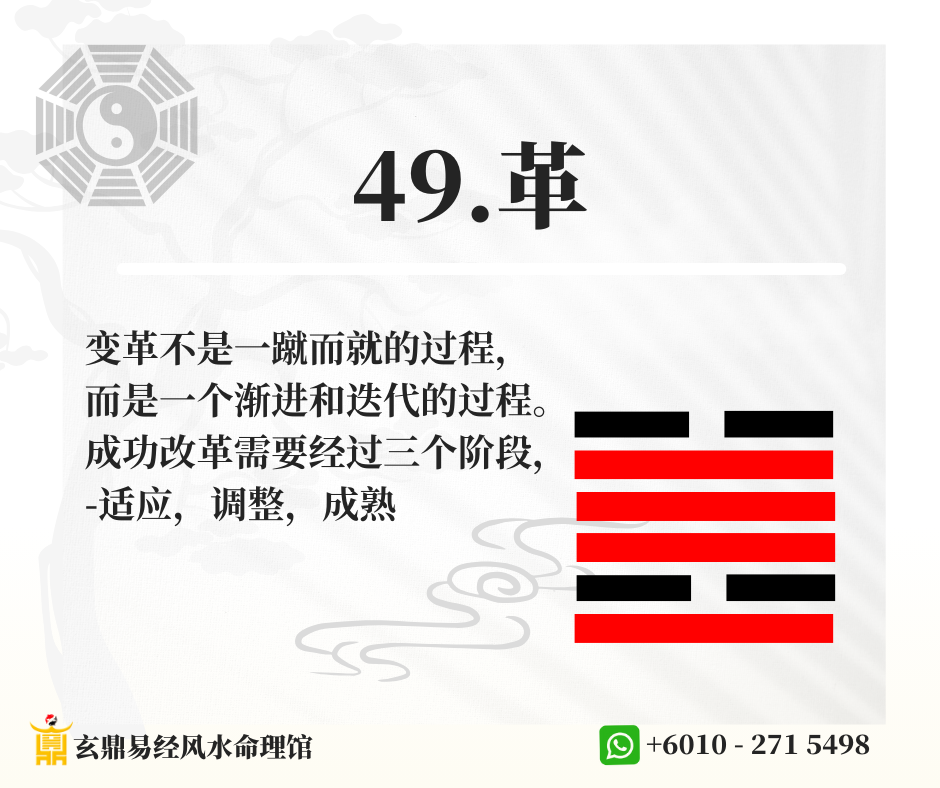
# A gentleman becomes a minister
The company's core leaders stepped down.
When a new leader takes office,
The company's systems, regulations, and directions will inevitably change.
This kind of transformation is not an overnight process.
Rather, it is a gradual and iterative process.
Generally speaking, successful reform goes through three stages.
Adaptation: Initially, new leaders will introduce new ideas and strategies.
And employees need to learn to adapt to new ways of working and expectations.
Adjustment, at this stage,
New systems and policies began to be implemented.
At the same time, necessary adjustments will be made to problems encountered during the initial implementation.
Maturity, at which point the new systems and processes are already running stably,
Employees are beginning to adapt to these changes.
If the reform is successful, it will be accompanied by:
Improved company operational efficiency,
Increased employee satisfaction,
The enterprise as a whole is moving towards the established strategic goals.
The Yijing "Ge Gua"
Shuowen Jiezi mentioned: "革" means the animal skin with the hair removed, and then it is shaped like a leather.
Tanning, the manufacture of leather,
It is made from animal skins that are processed into leather.
Leather making involves three main steps: preparation, tanning, and tanning.
Therefore, it is very appropriate to use the "Ge Gua" to illustrate the company's innovation process.
In the process of enterprise innovation,
It also needs to go through similar stages.
From initial adjustments to in-depth reforms.
This process may be accompanied by contradictions and conflicts.
Just like the inevitable "bleeding" in the leather making process,
It is the inevitable cost of change.
However, it is precisely these challenges and difficulties that
It has promoted the progress and renewal of enterprises.
Finally, the enterprise is like carefully processed leather.
Become more resilient and valuable.

